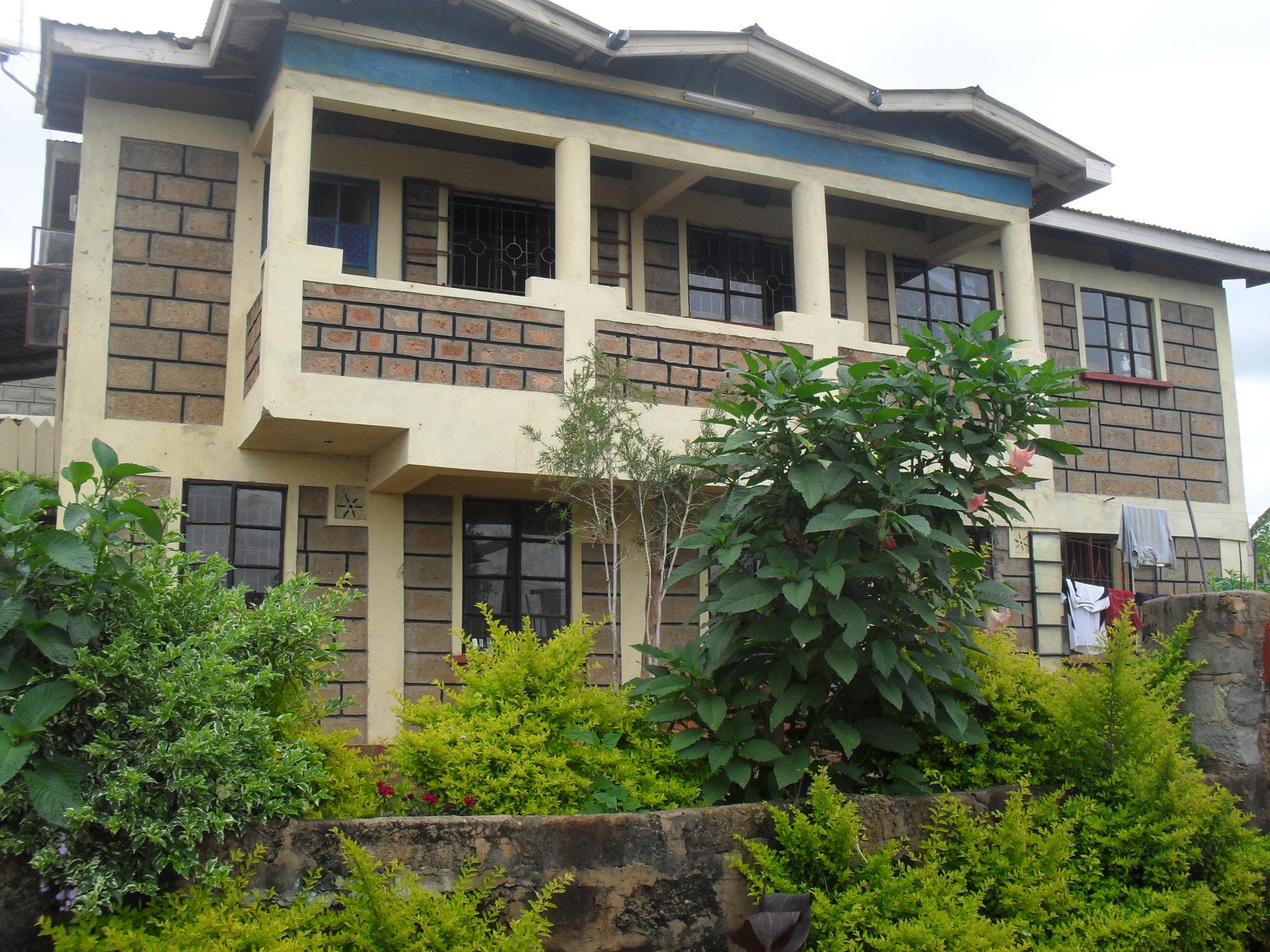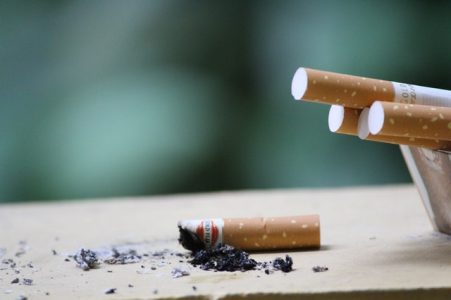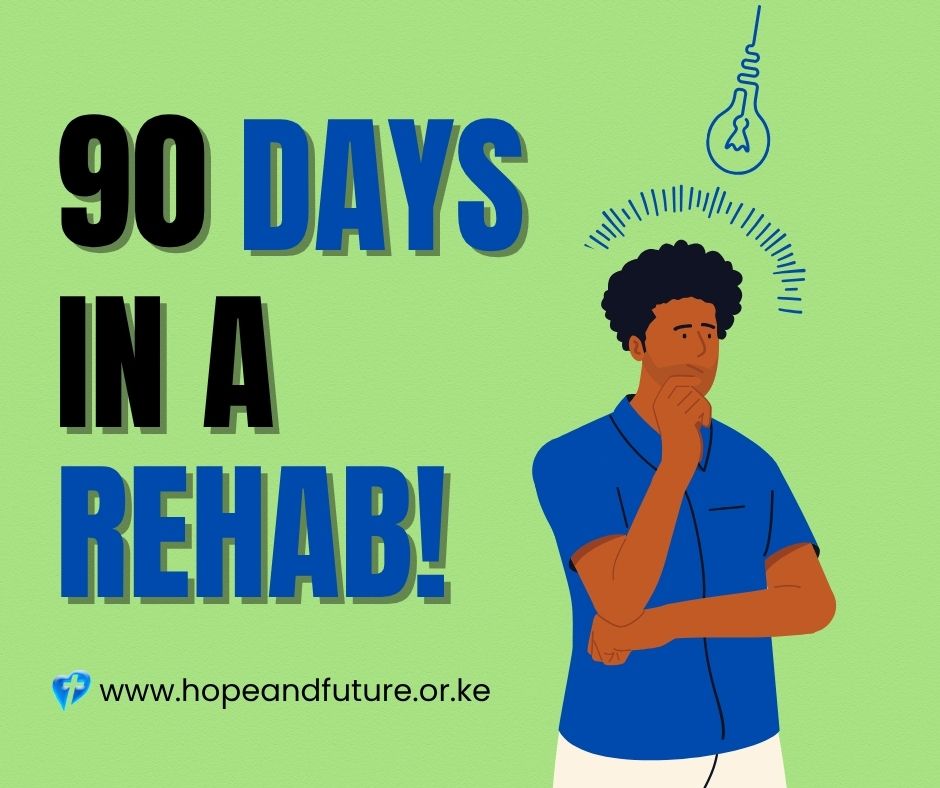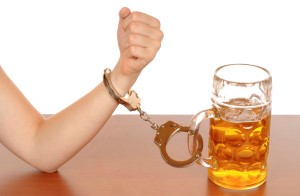
Hope and Future Rehabilitation Center
Drug and Alcohol Rehab Treatment Center in Kenya
Located in the serene environment of Embu County, overlooking Mt Kenya, Hope and Future Rehabilitation Center is dedicated to helping people break free from alcohol, drugs and other substance addiction. We believe that every person deserves a second chance and no person should condemned to the harmful effects of drugs and substance abuse.
Addiction Treatment Services

Residential Treatment
Our three month residential rehabilitation program offers a safe and supportive environment for drug abuse rehabilitation.

Addiction Counseling
We have a team of counselors who help one to get to the cause of the addiction problem, as well as offering guidance to enable a drug free life.

Medical Care
Our medical team helps with medical intervention, as well as offering medical care services to the community around us.

Addiction is a disease just like any other...
“The mentality and behavior of drug addicts and alcoholics is wholly irrational until you understand that they are completely powerless over their addiction."
- Russell Brand
"Recovery is something that you have to work on every single day, and it's something that doesn't get a day off."
– Demi Lovato







